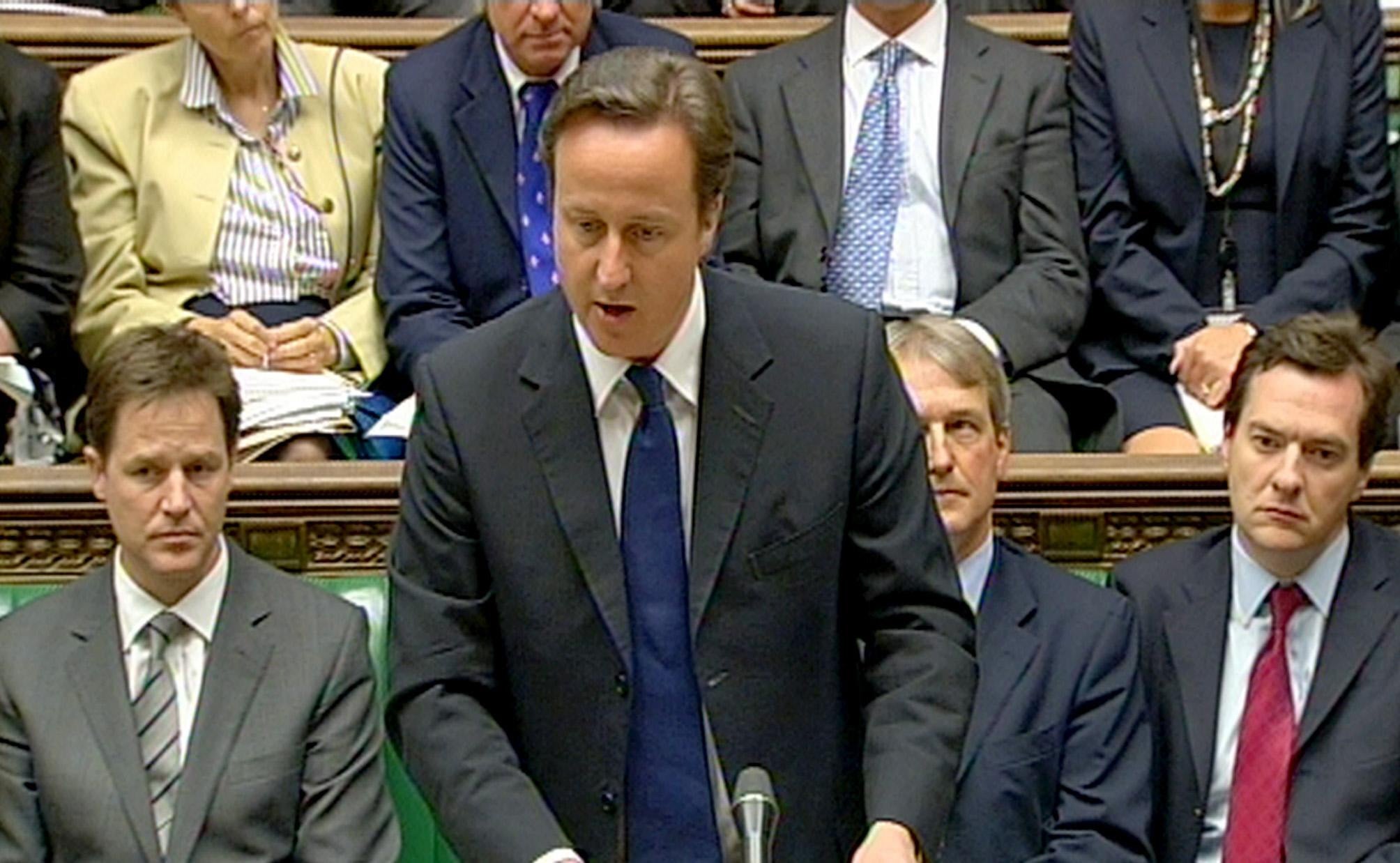Bloody Sunday families’ 50-year quest for justice
In 2010 Prime Minister David Cameron delivered a public apology, describing the 1972 killings as ‘unjustified and unjustifiable’.

Your support helps us to tell the story
From reproductive rights to climate change to Big Tech, The Independent is on the ground when the story is developing. Whether it's investigating the financials of Elon Musk's pro-Trump PAC or producing our latest documentary, 'The A Word', which shines a light on the American women fighting for reproductive rights, we know how important it is to parse out the facts from the messaging.
At such a critical moment in US history, we need reporters on the ground. Your donation allows us to keep sending journalists to speak to both sides of the story.
The Independent is trusted by Americans across the entire political spectrum. And unlike many other quality news outlets, we choose not to lock Americans out of our reporting and analysis with paywalls. We believe quality journalism should be available to everyone, paid for by those who can afford it.
Your support makes all the difference.Here are some of the key dates in the decades-long campaign for justice by the families of civilians killed by soldiers on Bloody Sunday in January 1972.
– January 30 1972
The Parachute Regiment opens fire on a crowd taking part in a civil rights march in Derry Thirteen people are killed and 15 others injured.
– April 1972
An inquiry led by Lord Chief Justice Lord Widgery supports the soldiers’ version of events, that they were returning fire. Bereaved families dismiss the report as a whitewash.
– February 1992
First meeting of the Bloody Sunday Justice Campaign.
– January 1994
The campaign writes to prime minister John Major seeking a full independent inquiry.
– February 1994
Mr Major refuses because there has already been a public inquiry by Lord Widgery.
– January 1997
A 40,000-signature petition calling for a new inquiry is delivered by the campaign to 10 Downing Street.
– January 1998
Prime minister Tony Blair announces a new inquiry, with Lord Saville of Newdigate appointed to chair the probe.
– November 2000-September 2002
The Saville Inquiry hears oral evidence.
– August 2001
Soldiers announce they will seek a judicial review of the decision of the inquiry that military witnesses must give their evidence in Derry.
– December 2001
The Court of Appeal rules that the soldiers can give evidence in London.
– September 2002-October 2003
The inquiry is held in Methodist Central Hall, Westminster.
– October 2003-November 2004
The inquiry moves back to Derry.
– June 2010
Lord Saville delivers his findings that there was no justification for shooting any of those killed or wounded. Prime minister David Cameron issues a public apology. saying the killings were “unjustified and unjustifiable”.
– July 2012
The Police Service of Northern Ireland formally launches a murder investigation into the events of Bloody Sunday.
– September-October 2018
The first Ministry of Defence compensation settlement in relation to Bloody Sunday victims is awarded.
– March 2019
The Public Prosecution Service (PPS) announces that one former soldier, known as Soldier F, will be prosecuted for the murders of James Wray and William McKinney and the attempted murders of Joseph Friel, Michael Quinn, Joe Mahon and Patrick O’Donnell.
Sixteen other former soldiers and two suspected ex-members of the Official IRA, all of whom were also investigated as part of the major police murder probe, will not face prosecution.
– April 2019
Protests in support of Soldier F take place across the UK.
– September 2019
The case against Soldier F is heard in court for the first time at a sitting of Derry Magistrates’ Court.
The veteran was not present in court for the short hearing.
– April 2021
The families of five of those killed announce that they will legally challenge the decision of the PPS not to prosecute five veterans.
The families of Jackie Duddy, Michael Kelly, John Young, Michael McDaid and William McKinney are granted permission by the High Court to challenge decisions not to prosecute several other former members of the Parachute Regiment.
– July 2021
The PPS announces it is discontinuing the prosecution of Soldier F for the murders of James Wray and William McKinney amid concerns that the case could collapse in light of a separate court ruling on the admissibility of evidence which caused the collapse of another Troubles murder trial involving two military veterans. The McKinney family signal their intent to challenge the PPS decision on Solider F in the courts.
– September 2021
The various legal challenges against the PPS are heard together before three senior judges. Decisions not to prosecute five soldiers are challenged. Judgment is reserved and has yet to be delivered.